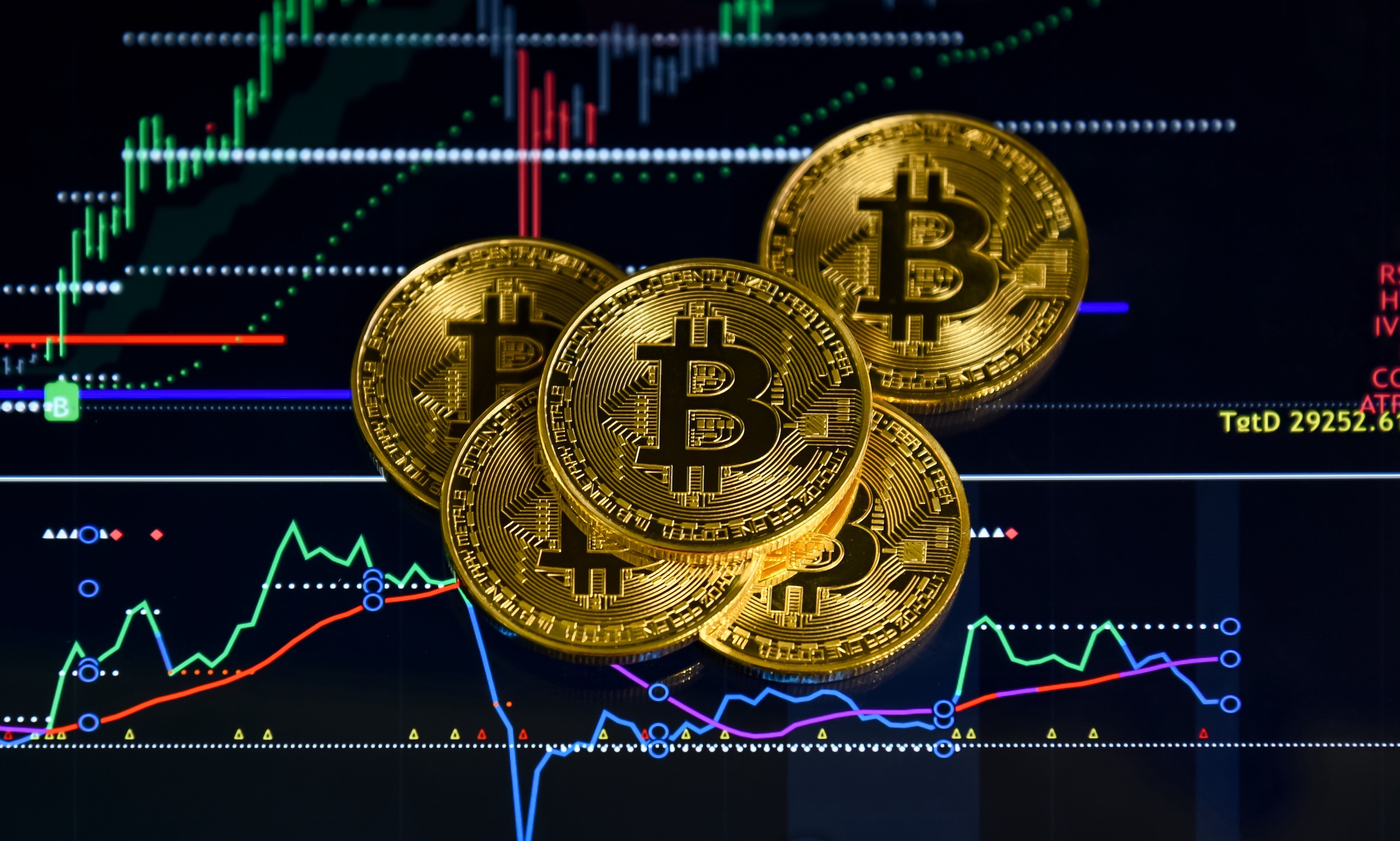DeFi Insurance: The Reasons Why People Get Defi Insurance
Sep 02, 2021, 2:43am
Decentralized Finance, or DeFi, has recently emerged as a hot topic in the insurance industry. Lets look at what DeFi is and why it's relevant.
What Is DeFi Insurance?
Decentralized Finance, or DeFi, has recently emerged as a hot topic in the insurance industry. The crypto industry is inundated with articles attempting to explain what DeFi is. Although the DeFi community rarely mentions insurance, it is one industry that has a significant opportunity to provide investors with confidence and protect their assets. Insurance is a risky finance industry that necessitates methods and strategies to protect businesses from risk. The industry is currently worth billions of dollars and is riddled with shady practices.
The main idea is to return trust from insurers to the community while maintaining contract integrity and eliminating any form of risk and steady state finance. This shift would imply that what was previously done by a trusted party is now done using equally trusted techniques. Above all, that autonomous code will work for the mutual benefit of each participant and community contributor, using specific incentives or cost reductions.
Advantages of Having DeFi Insurance
One of the advantages of decentralized insurance is that it protects most deposits against loss. Etherisc, as previously mentioned, is one such platform. DeFi is regarded as secure, and thus as a solution to hacking, particularly on exchange platforms. The operation of so-called “autonomous” smart contracts has proven difficult. This is due to the lack of upgradeability and the use of smart contracts. Smart contracts use decentralized insurance as an operating system.
Decentralized insurance is self-sufficient. Intermediaries are exempt, so there are no middleman fees. As a result, using decentralized insurance becomes a simplified and low-cost procedure. Decentralized insurance is also transparent, immutable, and allows for the liquidation of crypto-backed assets.
Why Do People Apply for Insurance?
Protection of DeFi Deposits
Volatility in cryptocurrencies is a problem for many financial products and general spending. The DeFi community has developed Stablecoinsy to address this issue. Their value is fixed to another asset, usually a popular currency such as the US dollar.
Dai and USDC coins have a value that is within a few cents of a dollar. This makes them ideal for earning or selling. Many Latin Americans have used stablecoins to protect their savings during a period of great uncertainty with their government-issued currencies.
Protection to Crypto Volatility and Flash Crash
Projects should use safe coding practices to avoid being vulnerable to attacks that directly exploit weak smart contract code. Projects should ideally use standard libraries and token implementations that have been community-audited. To prevent tampering by malicious actors, their legitimacy must be verified. Third-party auditing and report publication have also become best practices.
The effectiveness of a measure, as with all policies, is an important consideration. This includes whether the measure can be enforced and how well it achieves the desired outcome. Policymakers and regulators should be clear about how they intend to measure the policy’s impact, taking into account both the benefits and drawbacks as defined by policy goals and objectives. Key metrics could investigate the balance of issues such as consumer protection, privacy, innovation, and so on. This is also heavily dependent on which layer of the technology stack a measure addresses. Policies addressing the network infrastructure layer (blockchain protocol layer, for example) will have more significant and far-reaching consequences, and the effects should be measured and considered accordingly.
Immediate Redemption of Tokenized Crypto
When you invest in any of our offerings, we immediately issue tokens that represent investors’ digital proof of ownership in this investment. As a result, these tokens, or digital assets, are inextricably linked to the underlying investment contracts, and token holders are entitled to all of the transaction’s cash flows and economics. On explorers like Etherscan, investors’ allocations are publicly viewable but completely anonymized. This achieves a level of transparency in private credit transactions that were previously unattainable.
Protection Against the Risk of theft and Attack on Crypto Wallet
Obtaining insurance is no easy task. Because it is a new area of insurance, insurers are understandably cautious and will seek assurance that risks are well-managed and a robust level of security is in place.
Insurers will also consider a variety of risk factors when deciding whether or not to offer insurance to a company. These include the management team’s experience and expertise, online and physical security protocols, and asset segregation. They also consider more traditional financial crime concerns, such as anti-money laundering and know your customer procedures.
Protection of Funds from Hacks on Exchange Platform
The first line of defense you can take to invest safely in cryptocurrency is to select a secure platform from which to purchase your coins. There are no safeguards for crypto assets in the same way that your cash in the bank is protected by institutions such as the FDIC, so it is critical to ensure the platforms you use are secure. On the website of any crypto platform, look for specific information about security measures, storage, and insurance.
Challenges for DeFi Insurance
Decentralized insurance allows traders to trade publicly, which has raised privacy concerns. Because of the autonomous nature of decentralized insurance, users are unable to change their information and thus cannot interact directly and edit their data. As immutability is a critical component of the decentralized system, this has resulted in numerous disputes and fraudulent cases in the industry. This could have an effect on the demand for decentralized insurance applications.
Conclusion
Although it is still in its infancy, decentralized insurance is rapidly expanding and holds great promise for the industry. The number of products is still small at the moment, but it is certain to grow in leaps and bounds in the coming days. It is predicted that similar to cryptocurrency trading, DeFi and all of its applications will soon rule the market can maybe here to stay for many years to come. As the market matures, decentralized insurance will continue to broaden its product offering. The openness of DeFi presents an exciting opportunity to address underserved markets in developing countries. But, for the time being, with DeFi’s growth and complete locked value, smart contract insurance is likely to come to the forefront in the minds of crypto investors as DeFi implementations continue to add value to the smart contracts that underpin them.





